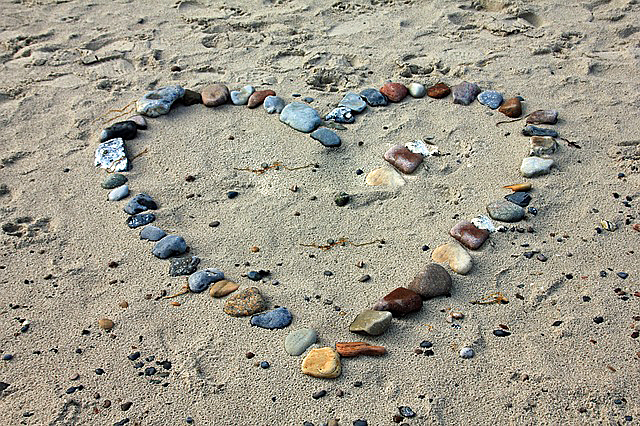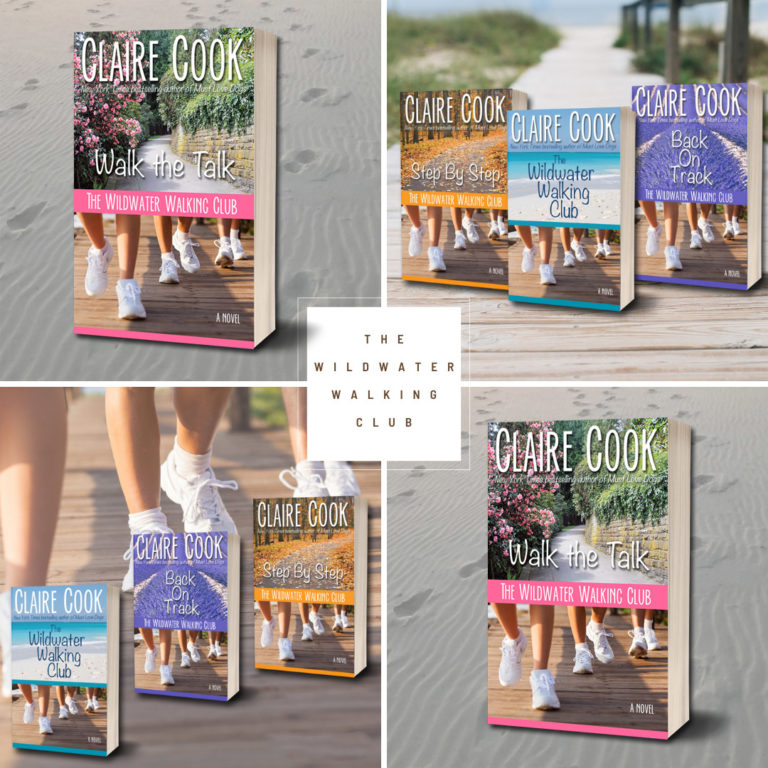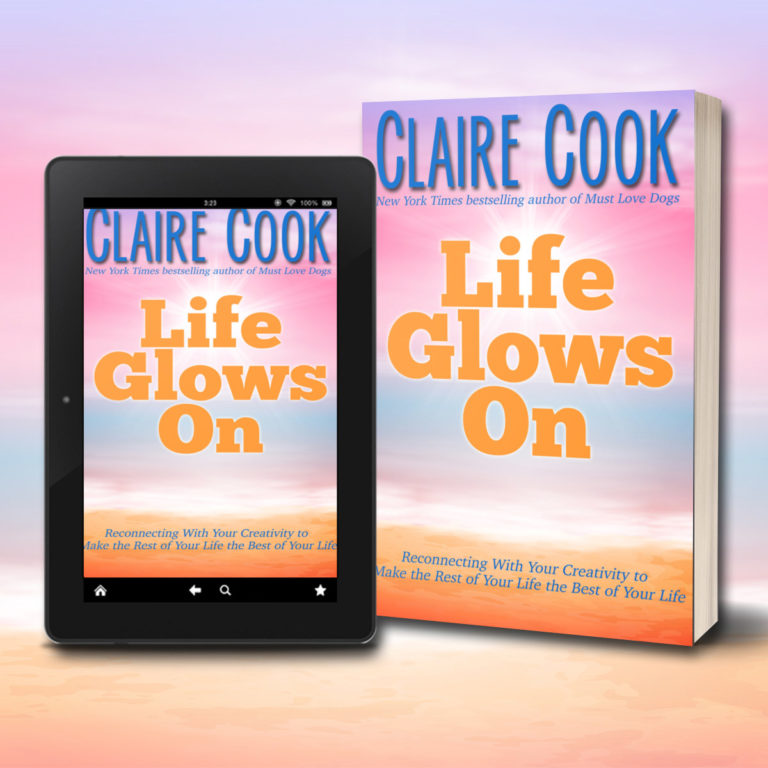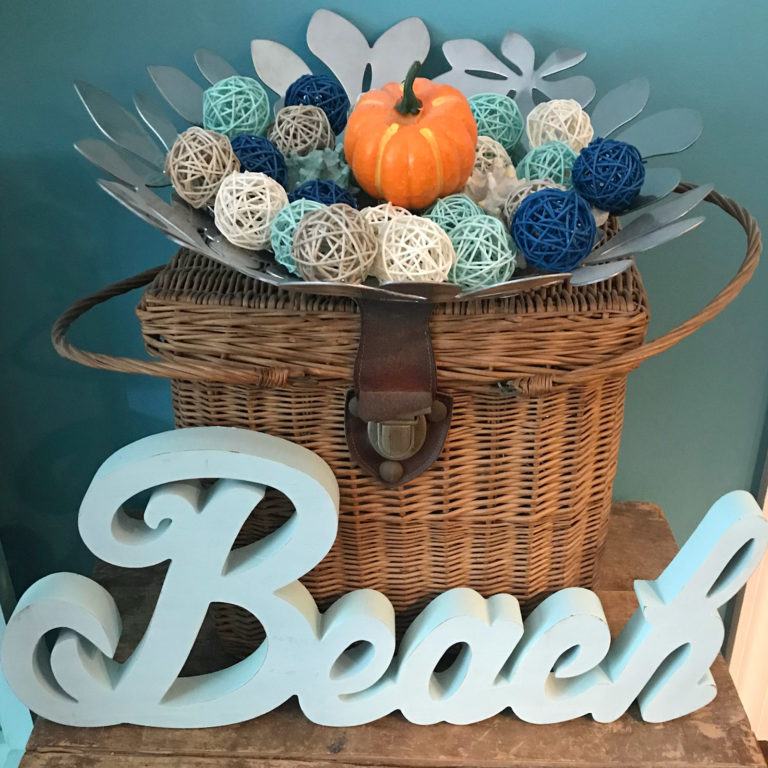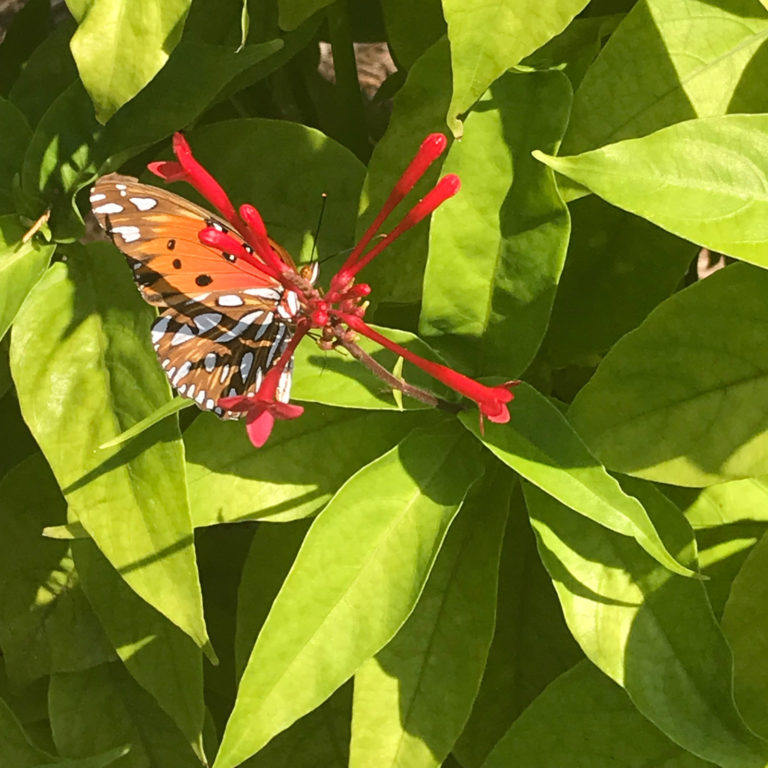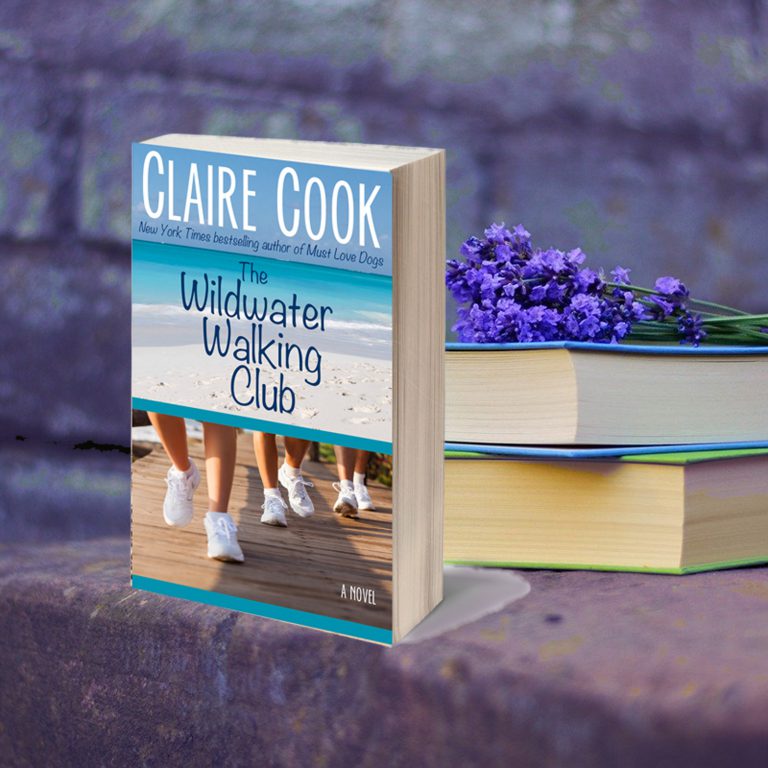Defining Sadness
As the mother of two awesome adult children, I’m filled with joy and gratitude. But the sadness of losing my own mother never goes away. In case you or someone you know might be feeling a little bit of the same thing, here’s an excerpt from my book Never Too Late: Your Roadmap to Reinvention:
DEFINING SADNESS
On a Saturday morning when I am almost eleven, I knock at my best friend’s front door.
“My mother died,” I say when she opens it.
“No sir,” she says, though since this is a Boston suburb, it sounds more like, “No, suh.” Today, she would have said, “No way.”
“Swear to gawd,” I say. Way.
“Liar,” she says. “You’re making it up.”
I’m not. The day before, my mother’s flu had turned into sepsis. She slipped into a coma at the hospital and never came out, leaving five children under the age of twelve motherless. Neighbors met us in our driveway after school and brought us home with them. They didn’t say much, but I knew my first pajama party, scheduled for that evening, was definitely canceled.
The funeral takes place on Valentine’s Day, also my birthday. Back at the house, someone sticks candles on a dull chocolate cake, so unlike the heart-shaped, candy-studded pink ones my mother had baked for my other ten birthdays, and mourners sing “Happy Birthday” to me. After that, people start tucking bills—mostly ones and fives, and one hundred-dollar bill—into the pocket of my dress, as if I were a prepubescent stripper-in-training. My mother would have found the whole thing incredibly tacky.
Over the years, I’ve met other women who lost their mom at an age when she was still the sun and the moon and their favorite hula hoop all rolled into one, yet they were also on the cusp of needing her to walk them through that first period and bra. Time heals most wounds, but not this one. Eventually, you learn to compartmentalize it, but this loss becomes the defining sadness of your life.
By the time I come out of my posttraumatic fog and really want to know what my mother was like—as a person, a woman, a friend—the people who could have told me about her are either dead or long gone.
Then one summer I have a book event near my mother’s hometown on the other side of the state. A woman about my age, give or take, waits in line with an elderly lady in a wheelchair. The younger woman tells me her mother has something to say to me. I lean over the wheelchair and smile.
“Your mother was the most generous friend in the world. I went into labor with my son, Jimmy, in the middle of a blizzard,” she says.
Even though it’s a hot August night, a chill runs down my spine.
“The snow came so fast, my husband couldn’t get home. I called the ambulance. I called the police. Nobody came. I called your mother. ‘Put your coat on,’ she said. ‘It will be the adventure of a lifetime.’”
All these years later, sitting in her wheelchair, she giggles. “Your mother walked me all the way to the hospital in the snow, laughing and joking the whole time.”
I reach out to hold her cool, dry hand, and it feels lighter than air.
“She was Jimmy’s godmother, you know. Your mother had more godchildren than you could shake a stick at.”
I’d been old enough to know my mother was big-hearted and smart and generous, to remember the huge pile of cards, with family photos tucked in, at Christmastime. But at that moment I feel her spirit again, as if it has lived on for decades in the heart of her friend, who is now bequeathing it to me.
My mother’s death is still the defining sadness of my life, and though it’s been many, many years since it happened, my eyes tear up as I type this. Her death is also the place my best writing comes from, even when I’m writing about other things. That raw place that will never heal over, the place that’s so blindingly, painfully real that it triggers Technicolor images and feelings.
I think we all have that place. For me, at least, allowing myself to access it again after hiding from it for so many years has resulted in some of my best work.
You can read the rest of Never Too Late here:
Talk to you soon,
xxxxxClaire
CLAIRE COOK wrote her first book in her minivan at 45. At 50, she walked the red carpet at the Hollywood premiere of Must Love Dogs, starring Diane Lane and John Cusack, which is now a 7-book series. Claire is the New York Times, USA Today and #1 Amazon bestseller of 21 books, including her latest, LIFE GLOWS ON: Reconnecting With Your Creativity to Make the Rest of Your Life the Best of Your Life.

